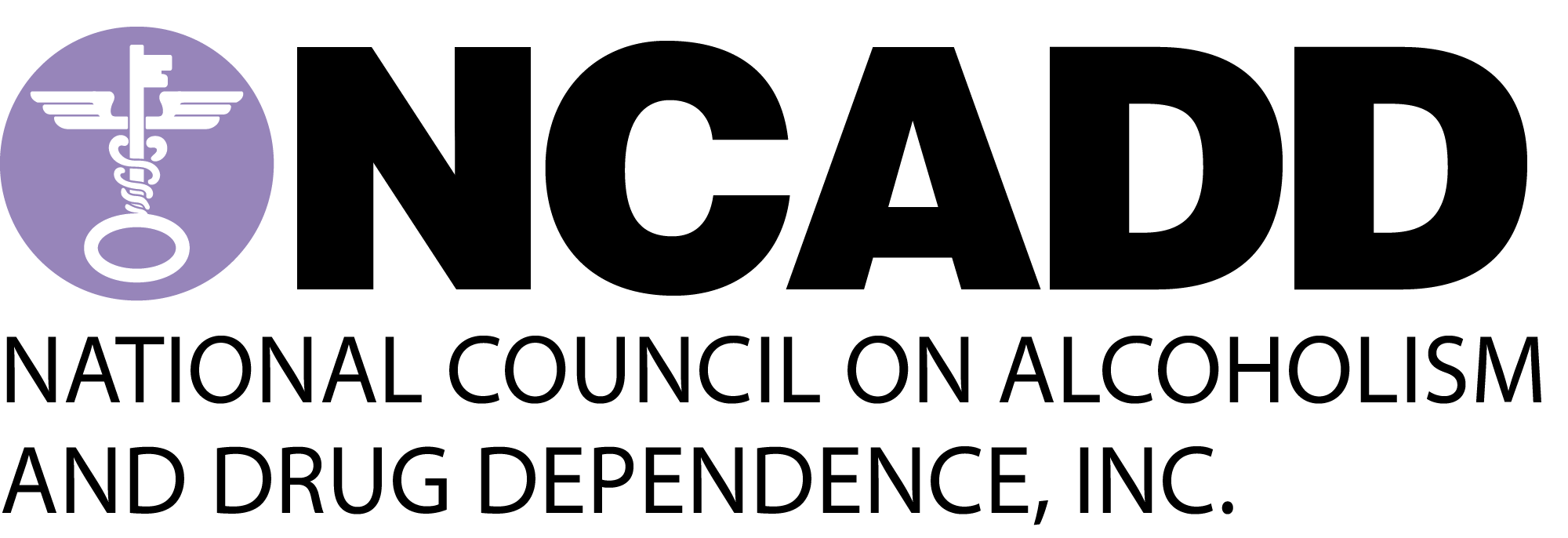Intervention Guide
What is an intervention?
Intervention refers to a structured process, overseen by professionals, aimed at facilitating a face-to-face gathering of individuals close to someone challenged by alcohol or drug use. Individuals facing substance use often exhibit denial and reluctance to seek assistance, failing to acknowledge the impact of their behavior on themselves and others. The intervention aims to bridge this gap by highlighting the correlation between substance use and life challenges, providing an opportunity for the individual to accept support and initiate positive changes.
How does intervention function?
Intervention involves educating and informing friends and family members, and fostering a supportive environment for collective engagement. Once readiness is established, a meeting is arranged with the individual of concern.
Can substance use specialists contribute to the process?
Seeking guidance from professionals, such as counselors, social workers, or interventionists, can enhance the effectiveness of the intervention. These specialists assess the unique circumstances surrounding substance use, recommend suitable approaches, and devise personalized treatment and follow-up strategies.
While interventions can proceed without a specialist, their involvement is advantageous, particularly in complex cases involving mental health issues, violence history, suicidal tendencies, or polydrug use. Professional assistance is important when anticipating adverse reactions.

Can interventions be successful?
Yes, with a skilled interventionist, success rates exceed 90%, for individuals ready to find help.
Can intervention fail?
Though possible, successful outcomes are more common. Even if initial refusal occurs, interventions may prompt later requests for assistance.
Who participates in interventions?
Professionally guided interventions involve selecting appropriate participants—parents, spouses, siblings, friends, and colleagues—essential for achieving successful outcomes.
Where to begin?
Intervention isn’t universally applicable, but if it is considered beneficial, contacting the nearest NCADD Member Affiliate for guidance is recommended.
